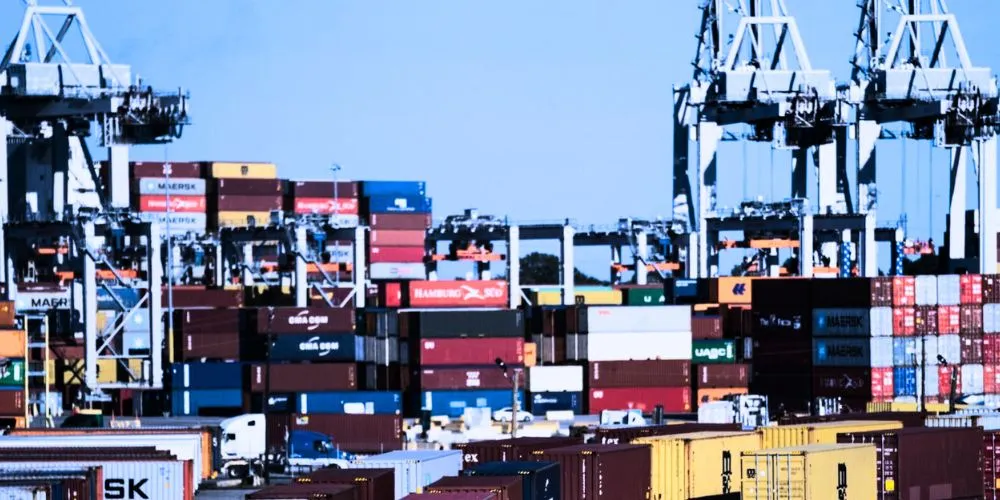Key Points
- U.S. East and Gulf Coast ports reopen after dockworkers and port operators reach a wage agreement.
- The deal includes a 62% wage hike over six years, raising the average hourly wage from $39 to $63.
- The strike caused a backlog of at least 54 container ships, affecting imports like bananas and auto parts.
- Shipping stocks in Asia fell significantly following the early resolution of the strike.
Ports along the U.S. East and Gulf Coasts began reopening Thursday night following the resolution of the largest work stoppage in nearly 50 years. Dockworkers and port operators reached a tentative wage agreement, ending a strike that had disrupted cargo operations and caused significant delays in shipping. The strike had led to a backlog of at least 54 container ships waiting to unload essential goods like bananas and auto parts.
The International Longshoremen’s Association (ILA) and the United States Maritime Alliance (USMX) announced the wage deal late Thursday, halting the strike. Sources indicate that the agreement includes a wage increase of about 62% over the next six years, raising the average hourly wage from $39 to $63. This settlement immediately allowed ports to resume operations, though it may take some time to clear the backlog of cargo.
While the strike’s resolution relieved businesses and consumers, it immediately impacted shipping stocks, especially across Asia. Many investors had anticipated freight rates to surge due to the prolonged strike. However, with the strike ending earlier than expected, shipping stocks took a significant hit on Friday.
The strike began on Tuesday and involved 45,000 port workers and affected 36 ports from Maine to Texas. It was the first major dockworkers’ strike since 1977. Analysts at JP Morgan estimated that the strike cost the U.S. economy about $5 billion per day. The port disruptions impacted key industries, with major retailers like Walmart, IKEA, and Home Depot heavily reliant on East and Gulf Coast ports. Coffee prices rose as East Coast ports have become key entry points for coffee imports.
While the wage deal ended the strike, negotiations on issues such as port automation, which workers fear could lead to job losses, are ongoing. The National Retail Federation praised the agreement, noting that the strike’s end is good news for the U.S. economy and American families.




